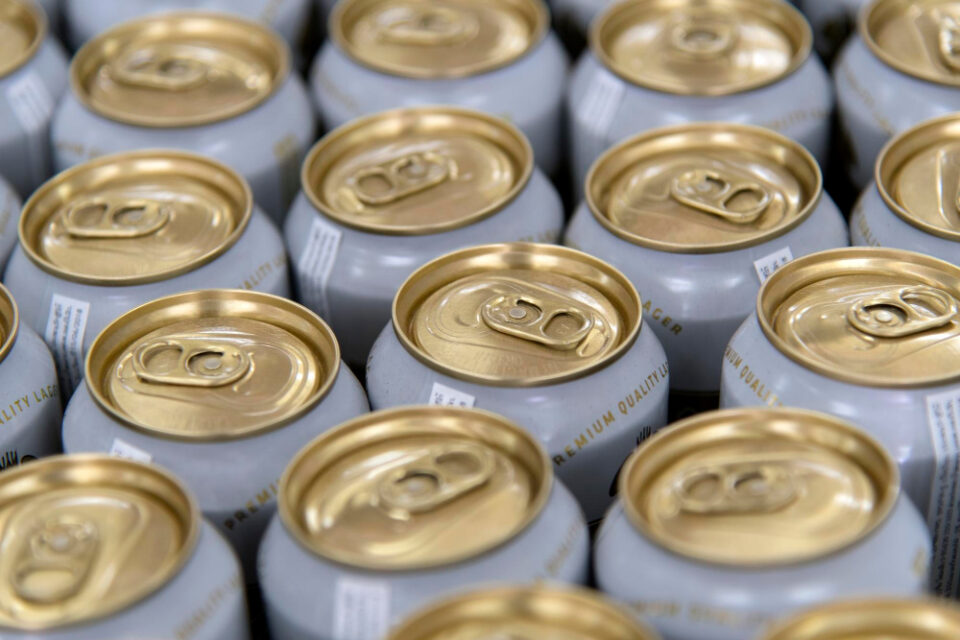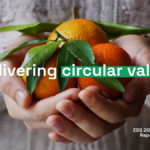Decision-makers in packaging at European beverage companies frequently grapple with the dual demands of sustainability goals and cost-efficiency, all while ensuring products maintain their quality during transit. This challenge may be exacerbated by misconceptions that hinder brands from making decisions that closely align with their overarching business objectives.
Consider this eye-opening fact: many packaging professionals significantly underestimate the recycling capabilities of plastics. Research reveals that about 32% of them believe that HDPE can only be recycled 2-5 times before it degrades.[i] In reality, studies show that HDPE can be recycled as many as 10 times without losing its processability or mechanical properties—or even indefinitely with the addition of new materials.[ii],[iii],[iv],[v] This reveals a significant opportunity for the food and drink packaging sector to recycle and utilize plastics responsibly. But how does this impact beverage brands specifically?
The Consumer Conundrum
While European consumers exhibit mixed signals that can confuse brands, insightful data can empower companies to cater to their needs through responsible plastics use. Approximately 36.6% of consumers consider environmental impact to be extremely or very important when making purchasing decisions.[vi] However, 60-70% prioritize food safety and shelf life as the most critical packaging attributes, placing environmental impact at the bottom of the list.6 This trend reflects broader economic pressures on household budgets, suggesting that consumers may prioritize functional packaging benefits over sustainability when necessary compromises arise.
The bottom line? Sustainability must now go beyond mere intent. In the realm of multipacking, brands should seek solutions that effectively address both functionality and sustainability. This means employing eco-friendly materials that ensure safe transportation, uphold structural integrity throughout the supply chain, and guarantee products reach consumers in perfect condition. Essential characteristics for packaging include strength, durability, moisture resistance, lightweight design, compactness, and sustainability.
Take recycled HDPE (rHDPE), for instance. Not only does it meet these essential criteria, but comprehensive lifecycle analysis (LCA) data indicate that 100% rHDPE beverage multipack carriers have a carbon footprint that is 2 to 5 times lower than paperboard alternatives.[vii] Despite common perceptions regarding the environmental value of plastic, this case study shows how multipacking LCAs can favor rHDPE over fiber across various metrics. This highlights the potential for data-driven insights to lead to better—and sometimes counterintuitive—packaging decisions that allow brands to harness the promise of responsible plastics use.
Regulatory Reality is Knocking
While consumer preferences may be complicated, EU regulations are quite straightforward. There’s no doubt that adopting responsible plastics use—driven by data-backed strategies—is essential for the future. The Packaging and Packaging Waste Regulation stipulates specific recycled content targets for plastic, ranging from 10-30% for contact-sensitive packaging and single-use beverage bottles to 35% for all other plastic packaging by 2030.[viii]
Moving beyond merely satisfying changing consumer needs, brands must now embrace recycled materials. Since plastic isn’t going away, it’s crucial for companies to incorporate more post-consumer recycled content into their packaging. While many consumers may not fully understand the differences in function and performance between plastic and other materials, over 85% of decision-makers in the European industry acknowledge the vital role plastic plays in the supply chain, with significant backing coming from sustainability experts.1 A comprehensive, data-driven evaluation is essential, as each material presents unique benefits, drawbacks, and multifaceted operational and supply-chain considerations.[ix]
Data: The Strategic Advantage
As you navigate this complex landscape, it is vital to challenge assumptions and follow the evidence. Ultimately, beverage brands that support their packaging choices and claims with robust data and transparent communication are more likely to thrive in this rapidly evolving market. Beyond fulfilling regulatory demands and consumer expectations, making informed decisions is key. Most importantly, it involves educating consumers and fostering trust in data-driven packaging choices that truly align with both environmental and performance standards.
[i] PakTech. (2025) Proprietary Research Study, European industry professionals (500 participants).
[ii] Jin, H., et al. (2012) “The effect of extensive mechanical recycling on the properties of low density polyethylene.” Polymer Degradation and Stability, 97, pp. 2262-2272.
[iii] Benoit,N., et al. (2017) “High Density Polyethylene Degradation Followed by Closed-loop Recycling” Progress in Rubber, Plastics and Recycling Technology, 33 (1).
[iv] Mihelčič, M., et al. (2022) “Influence of Stabilization Additive on Rheological, Thermal and Mechanical Properties of Recycled Polypropylene.” Polymers, 14 (24), p. 5438.
[v] https://recyclass.eu/wp-content/uploads/2025/01/REP-HDPE-01_v.6.0.pdf
[vi] McKinsey. (2025) Sustainability in packaging: What do European consumers value in 2025?
[vii] Sphera. (2023) PakTech Beverage Packaging Comparative LCA Report.
[viii] European Commission. (2025) Packaging and Packaging Waste Regulation.
[ix] Packaging Europe. (2023) Sustainable packaging is complicated – will executive leaders be the last to realise this?




